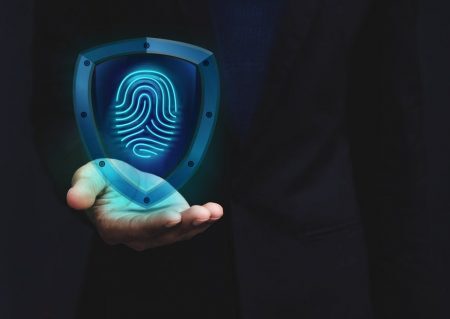In an interview, PayPal’s chief executive, Dan Schulman, recently discussed the prospects for blockchain – the encrypted, decentralised online ledger system that underpins…
Browsing: security
East Africa attracts millions of tourists every year. Over the past 10 years, its earnings from tourism have doubled. Compared to the rest of Africa, the region is experiencing healthy economic growth. This makes it a promising investment destination.
Users have been able to biometrically secure Facebook’s WhatApp messaging service for some time now, though it’s only recently that the feature has been available across the mobile ecosystem. Just Apple doesn’t count.
Personal data reflect our web searches, emails, tweets, where we walk, videos we watch, etc. We don’t own our personal data though; whoever processes it ends up owning it, which means giant monopolies like Google, Facebook and Amazon.
These days, it’s hard to know whom to trust online, and how to discern genuine content from fakery. Some degree of trust…
While many websites offer a way to opt out of targeted advertisements or unwanted emails, we discovered in our recent research that exercising privacy choices isn’t always easy. But that helped us formulate some simple solutions that could make things easier for users around the web.
Here’s what you need to know about DNS-over-HTTPS (DoH). A new technology promises to make your web browser more private than ever, keeping your internet activity from prying eyes. But some argue your data won’t actually be all that private. And others are worried it could actually help criminals including child abusers to avoid justice.
The City of Johannesburg has shut down its website and online services, reporting a cyber-attack following a series of ransom notes sent to the city. The ransom, sent by a group calling itself the Shadow Kill Hackers, is demanding 4.0 bitcoin from City of Joburg.
Back in June, Google discovered a range of security flaws in iPhone software that injected malicious code into phones. Here’s what happened.










